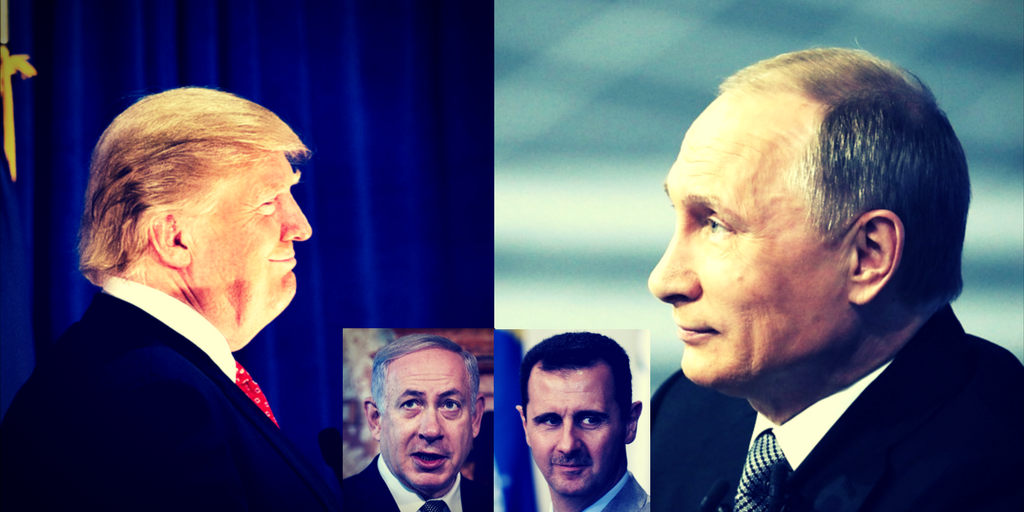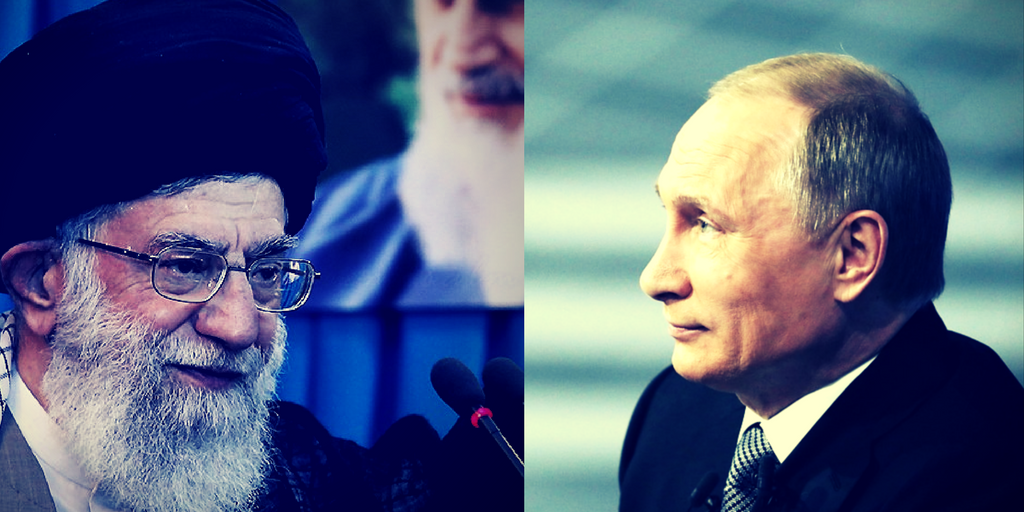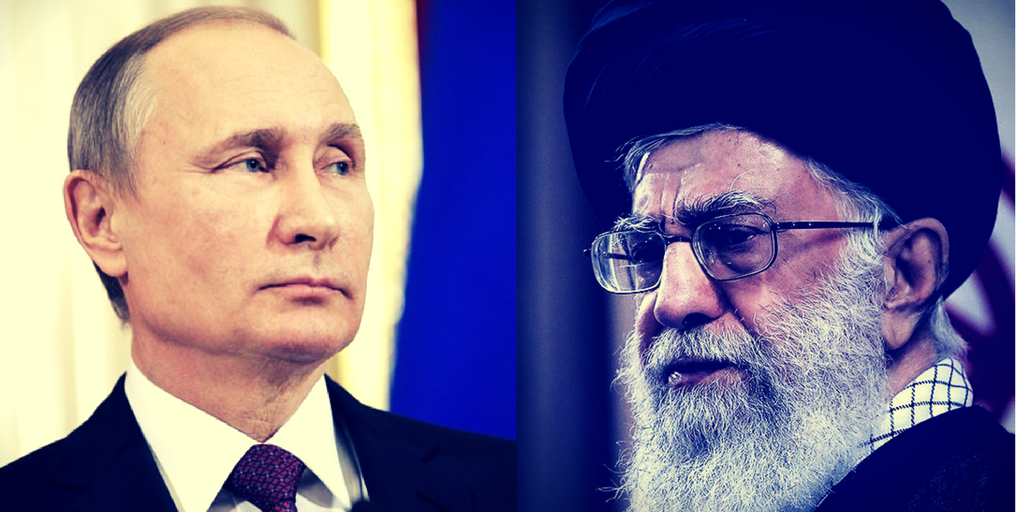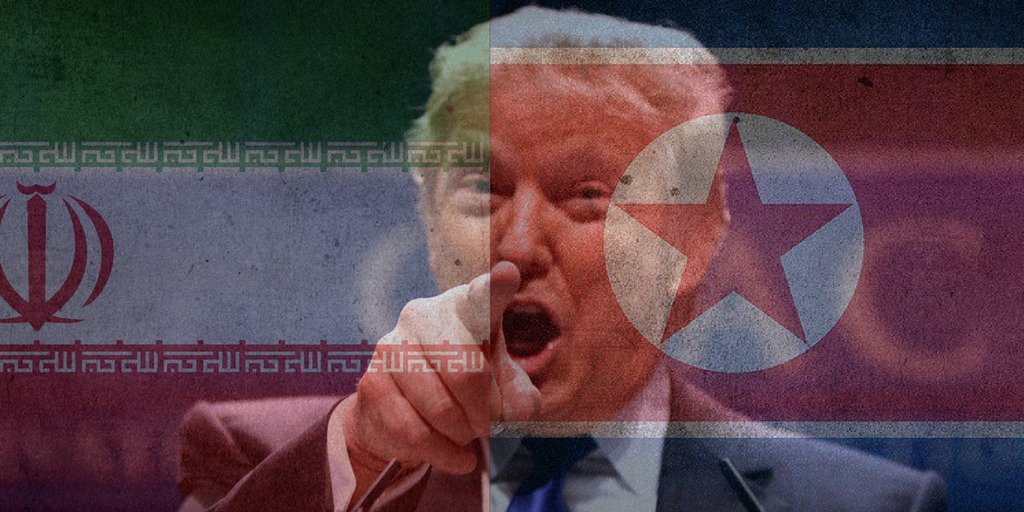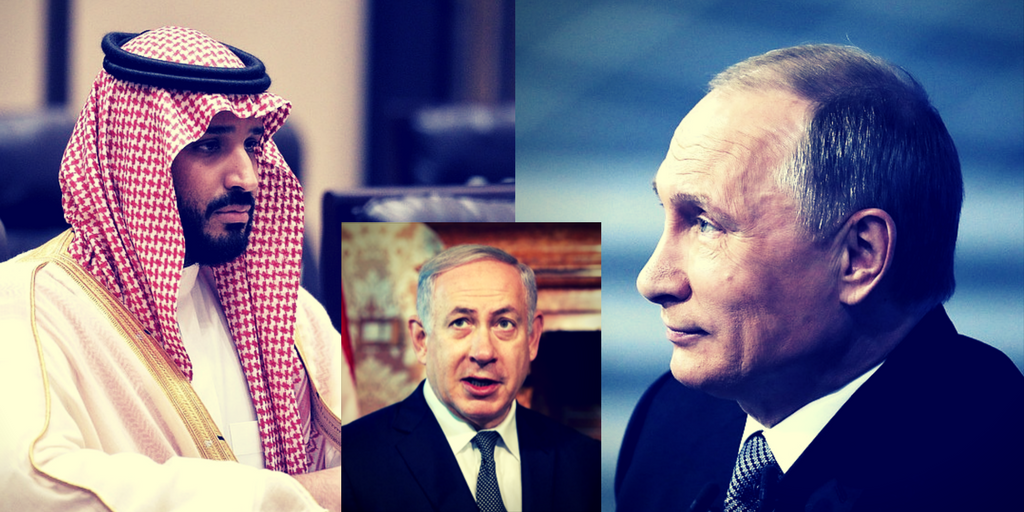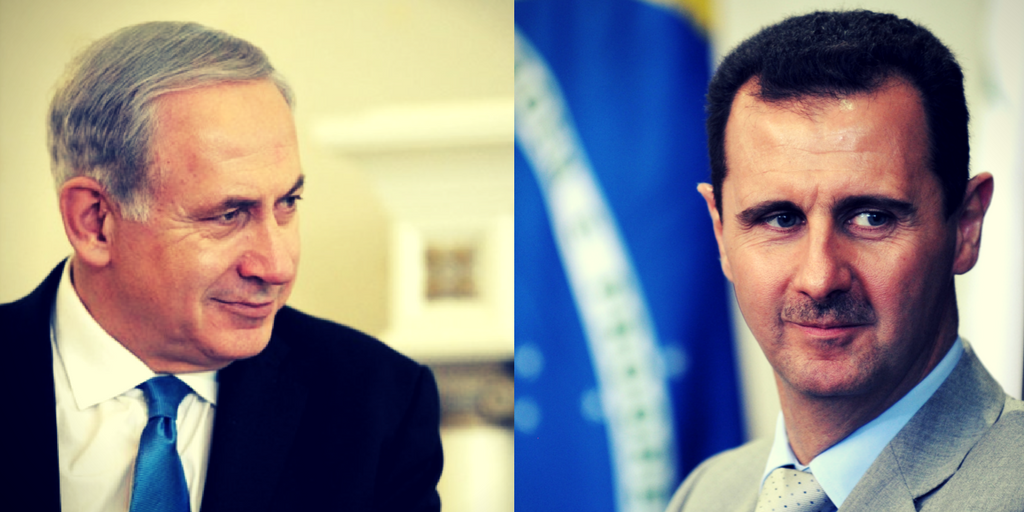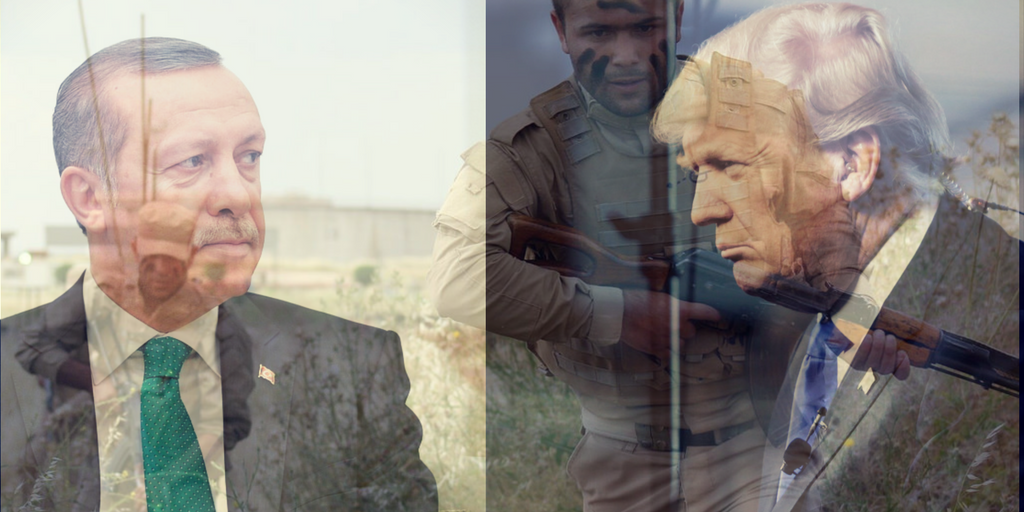According to an anonymous Israeli source, Kuwati newspaper Al Jarida reported on Sunday that Israel relayed a message to Putin that the IDF would destroy all Iranian facilities within 40 kilometers of Israel’s Golan Heights.
The message was relayed to Putin directly by Prime Minister Netanyahu. The Russian President took the liberty to pass the threat in person to President Basher Assad of Syria who surprisingly was said to offer a deal to Israel.
According to Al Jarida the source reported that “Assad said Damascus was ready to discuss the disarmament of the Golan Heights with a zone equalling 40 kilometers from the Golan as well as considering autonomy for the Kurds and Druze.”
Whether Iran ultimately agrees with this or not is still the stumbling block to the deal going through. Yet, it is important to note that it is Russia that has begun to play the vaunted role of “peace” maker in the region. With the USA playing a soft power role within the behind the scenes shuffling in Saudi Arabia, Israel has had no choice but to reach out to Putin in a last-minute play to stave off a wider war with Iran and Hezbollah.
While there has been much noise that Israel and the Saudis are locked together against Iran and Hezbollah, that is only strategic. There appears to be tactical differences between the two countries. Afterall, if Israel were to go after Hezbollah in conjunction with Saudi Arabia, it would potentially suffer far more casualties and damage than the Saudis, whose land mass is far bigger.
Netanyahu’s approach has always been to hold off on what many see as the impending conflict with Iran and rather cut deals when possible. This is of course a great short-term tactic, but relying on Putin to cut your deal for you may not be the best strategic option.
The unfolding changes across the Middle East are happening at a fast pace. Giving Assad a pass now will not help once the Sunni-Shiite conflict reaches a far more acute phase. Strategically speaking, Israel is tied to Saudi Arabia and the moves the USA is making and setting place in the region. The Russian may be seen now as the big winner in the region, but strategically speaking that is only if they are not given an outsized role by others.
The Russian propaganda machine and those online that support it have been spreading a narrative of a collapsing Sunni front under dwindling oil revenues. While there is some truth to that, one must remember that Sunni Islam represents 90% of Muslims around the world. Iran was able to achieve its geopolitical successes not because of its advanced military or technology, but rather it road the coattails of bad policy decisions flowing from the previous US administration that created a vacuum in the Middle East.
Russia has been adept at cutting out the USA when necessary, especially in relation to America’s long time allies like Israel and Saudi Arabia. On one hand Russia claims it wants to play the role of peacemaker, yet this is more or less equivalent to a person claiming they want peace, but does so while holding a gun up to the other person’s head.
The lure of ensuring that 40km of Syrian land would be demiliarized may be attractive, but it also will come at a price, which has yet to be made public.

